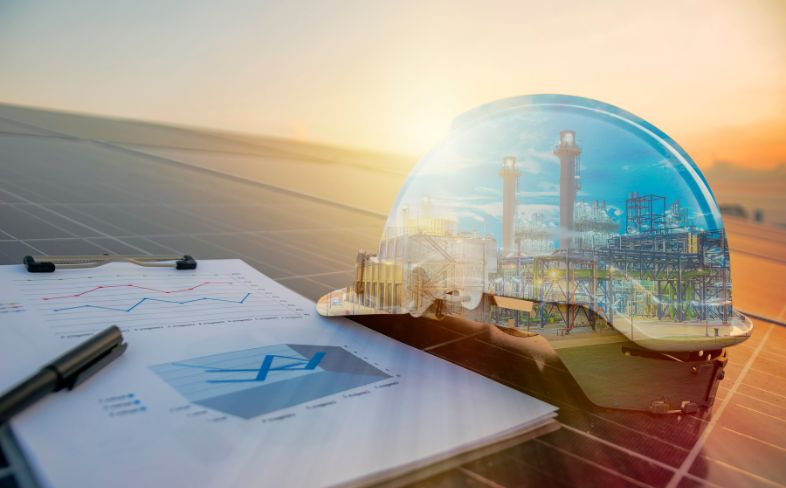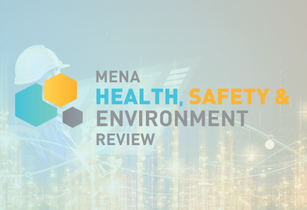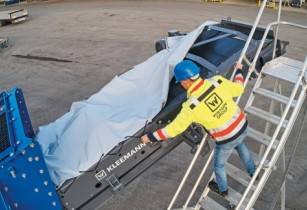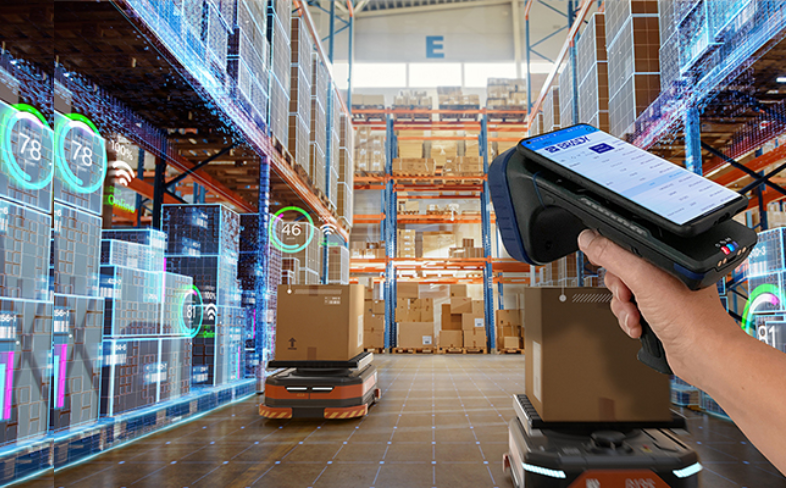Farnek, the UAE-based total facilities management company, has partnered with Swiss-based environmental protection foundation myclimate and the Dubai Carbon Centre of Excellence (DCCE) to introduce the Middle East?s first carbon neutral cleaning programme
The initiative aims to accommodate environmentally-conscious businesses in the UAE, which focus on offsetting their carbon footprint and neutralising the environmental impact of their cleaning operation, by investing in a range of projects that replace the use of fossil fuels with renewable energy.
Farnek has assessed its carbon footprint, in accordance with ISO standard 14064 and myclimate tools, with the results being verified by the DCCE.
The assessment accounted for any direct or indirect activity that could generate CO2e during their cleaning process. According to Farnek, this covered areas such as staff accommodation, transportation, cleaning equipment, uniforms and chemicals, electrical equipment and associated waste disposal.
The analysis revealed that the Farnek cleaning operation produced 1,637 tonnes CO2 e per year, which is equivalent to almost 11kg of CO2e per cleaner per working day or around 3.5 tonnes of carbon emissions per year.
Markus Oberlin, CEO of Farnek, said, ?Like many industry operations, a cleaning process can make a significant impact on the environment, especially when large areas are cleaned on a daily or regular basis.?
?Carbon neutral cleaning, measures all these factors to provide the client with an accurate picture of the true environmental impact of the cleaning services we provide. This empowers them to take steps to reduce as far as possible and then offset the rest of their carbon emissions, in whole or maybe just in part, against a range of accredited projects recommended by myclimate,? Oberlin added.
First introduced in the 1980s, carbon offsetting is a market-based means of balancing the carbon emitted by an entity through financial contributions to international projects that mitigate CO2e. These projects achieve balance by introducing large-scale renewable infrastructure, planting trees or financially supporting the provision of renewable technologies for solar panels, fresh drinking water or biogas plants.



























